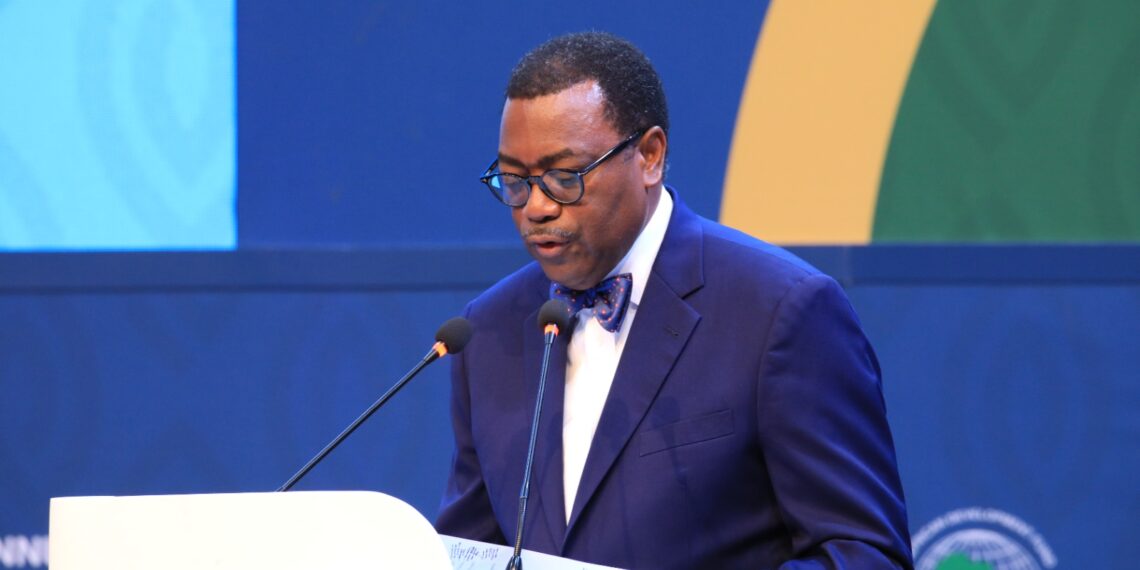NATIONAL ASSEMBLY AND PLATEAU STATE ASSEMBLY HOLD PUBLIC HEARING ON BILLS TO ESTABLISH BLOOD SERVICE COMMISSIONS.
- Health SectorNewsboard
- No Comment
- 445

In June 2019, His Excellency Rt. Hon. Simon Bako Lalong, the Executive Governor of
Plateau State commissioned an ARCHITECT i2000SR Immunoasay Analyzer Abott for
screening of blood in the Zonal Blood Transfusion Service Centre located inside Plateau
State Specialist Hospital, Jos. The team that facilitated the installation of the machine
requested that there is need for Plateau State to contribute in managing the Zonal Centre
very well because of the state-of-the-art equipment installed in the Centre. A need to
develop a robust legislative frame work that will help in blood transfusion coordination and
regulation in Plateau State to meet up with global standard was therefore identified. The risk
of transmission of serious infections, including HIV, Hepatitis (B&C) and Syphilis through
unsafe blood and chronic blood shortages brought global attention to the importance of
blood safety and availability with the goal of ensuring universal access to safe blood and
blood product.
Following series of oversight conducted by House Committee on Health, PLHA observed
that attainment of blood transfusion safety in Plateau State is too demanding due to a
number of factors, ranging from shortage of blood, poor implementation of blood transfusion
guidelines, infrastructural deficits to high prevalence of transfusion-transmissible infections
(TTIs), particularly syphilis, hepatitis and human immune deficiency virus hence the need to
legislate.
The Bill therefore, if accepted by the public and passed into Law, will address challenges of
the availability and transfusion of safe blood. It will establish safe, available and affordable
blood transfusion services in the State through encouraging adequate blood donor
recruitment, donor blood screening and collection as well developing strategies for the
rational use of blood. The Bill will promote continuous public enlightenment campaigns on
blood donation and system improvement to drive current transfusion practices in the State
towards safety and sustenance. It will also address challenges of supply deficits.
Blood transfusion saves lives and improves health but many patients requiring transfusion
do not have timely access to safe blood. Providing safe and adequate blood should be an
integral part of Plateau State Health Care Policy and Infrastructure. This Bill will go a long
way towards achieving this.
WHO has recommended that all activities related to blood collection, testing, processing,
storage and distribution be coordinated at all levels through effective organization and
integrated blood supply networks. This is completely lacking in Plateau State. The Bill will
promote uniform implementation of standards and consistency in the quality and safety of
blood and blood products in Plateau State. WHO also recommends the development of
systems, such as hospital transfusion committees and haemovigilance, to monitor and
improve the safety of transfusion process. PLHA observed that most private and public
hospitals do not have Committee for haemovigilance, and where they exist, they are not
functional. The proposed State Commission shall work towards enforcing haemovigilance,
encouraging voluntary unpaid and family/ replacement donors than paid donors geared
towards adequate and reliable supply of safe blood.
This Bill will address issue to do with unnecessary transfusions and unsafe transfusion
practices which always expose patients to the risk of serious adverse transfusion reactions
and transfusion-transmissible infection.
The Bill passed Second Reading on the floor of the House after which a call was put out to
the Public to express their opinions on the Bill which will if passed and signed into law
establish a Blood Transfusion Commission for Plateau State for the coordination, regulation
and assessment of blood donors, blood and blood products, and banking administration as
well as identifying training needs on blood transfusion, providing modalities for addressing
challenges, publicizing information relating to Blood Transfusion services and liaising with
relevant establishments within and outside Nigeria in pursuance of her goals. The Bill will
also stipulate punitive measures for violators of professional ethics by proprietors and
operators, including quacks and anyone who obstructs any member of the Commission from
carrying out his duty in the course of enforcing the law.
Unfortunately, the public hearing of the Bill generated unhealthy debate and ended in a
stalemate. All the Professional Health Associations represented in the hearing insisted that
they are the most qualified to head the proposed Commission. The display of professional
rivalry was on the high side. PLHA and stakeholders resolved to drop the Bill and conduct a
stakeholder consultative meeting with Health Professional Associations and other
stakeholders before taking further decision.
Meanwhile, Committee on Healthcare Service, House of Representatives, National
Assembly, Abuja would be hosting members of the public and stakeholders in the Health
Sector to a public hearing of the Bill for an Act to Establish the National Blood Service
Commission to Coordinate, Regulate and Ensure the Provision of Quality Blood and Blood Products
and for Related Matters on Thursday the 23rd of July, 2020 at the Conference Room 028, New
Building House of Representatives Wing National Assembly Complex Abuja by 10am.





